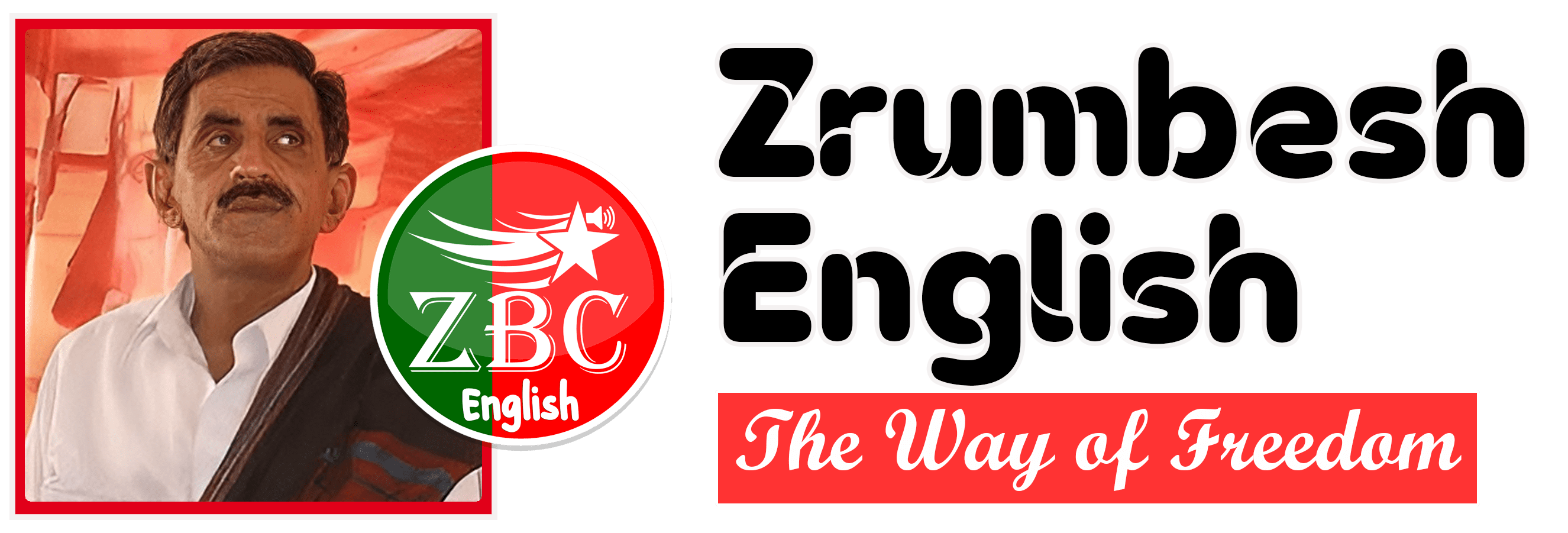
Indian politician Himanta Biswa Sarma, Chief Minister of Assam and a senior member of the ruling Bharatiya Janata Party (BJP), commented on the Balochistan independence movement in a statement posted on the social media platform X.
Biswa Sarma noted that the roots of the Balochistan struggle trace back to the critical events of 1947–1948, when the State of Kalat, which constitutes a large part of present-day Balochistan, sought to remain independent after the end of British rule. Although negotiations for autonomy initially took place, Pakistan forcibly annexed Kalat in March 1948, an action that, according to Sarma, sowed the seeds of long-standing resentment among the Baloch people.
He pointed out that the Baloch have faced political marginalisation, economic deprivation, and cultural suppression for decades, fueling periodic uprisings in 1958, 1962, 1973, and the early 2000s. Despite the region’s wealth in natural resources, Himanta Biswwa Sarma highlighted, Balochistan has suffered from systemic neglect and exploitation at the hands of Pakistan’s central authorities.
Referring to more recent events, Biswa Sarma emphasised that the 2006 assassination of prominent Baloch leader Nawab Akbar Bugti was a major turning point, further intensifying calls for self-determination and justice.
Today, he said, Balochistan’s movement represents an ongoing struggle for dignity, rights, and sovereignty, a struggle characterised by profound sacrifices, unyielding determination, and a resilient spirit.

